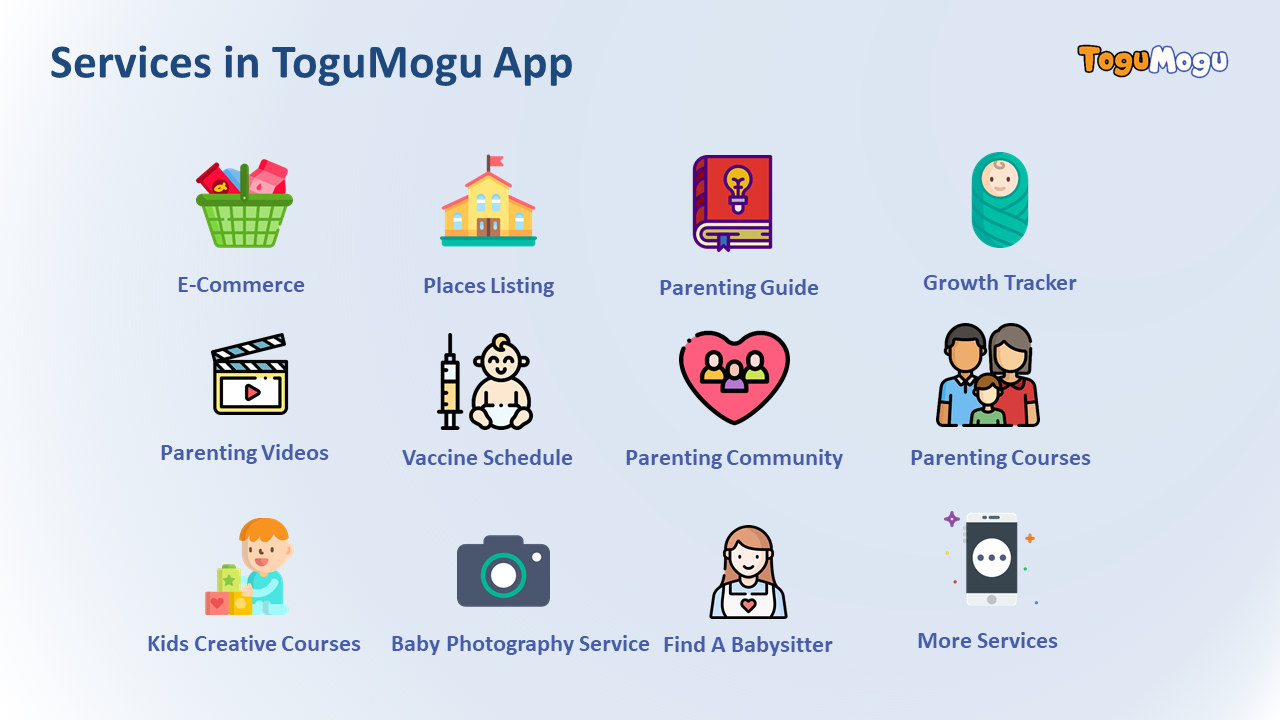
Bangladesh Tech Briefing: Issue 05 covers
Walton Gets into Ecommerce, Successful Conglomerates Getting into Ecommerce and Innovator’s Dilemma
Walton, a publicly listed electronic and technology manufacturing company in Bangladesh, is getting into ecommerce. The new company, aptly named Walcart, will operate as a general-purpose ecommerce marketplace and will sell both Walton products as well as products of local and international merchants and businesses. Walcart, which is scheduled to be launched in about a month and a half, plans to sell as many as 150 different types of products and services including fashion, lifestyle, electronics, food and beverages, sports, and exercise.
The platform plans to ensure excellent customer service, offer standard ecommerce benefits such as authentic products, EMI, standard quality assurance, excellent discounts, and offers, and so on.
Why it matters
From Regulating ecommerce companies and technology policy:
“Ecommerce has seen excellent growth in the past two years. Per Bangladesh Bank, transactions through e-commerce platforms stood at BDT 1,183 crore in May. Bangladesh Bank data further shows the sector saw a 164% year-on-year growth and is currently growing at 30% MoM.
While these numbers are exciting, the sector remains under-penetrated. Ecommerce, in every meaning of the word, is just getting started in Bangladesh.”
The sector, however, has been going through a crisis owing to poor services, order fulfillment failure by certain players. There has been a widespread discussion around product delivery, service quality, and regulating the industry. It also indicates that there is room for new players that can offer better service.
Walton sees this as an opportunity to get into the vertical.
Local conglomerates into ecommerce and how to read it
From Golden Harvest Eyes Ecommerce:
"Local conglomerates launching ecommerce platforms are not new in Bangladesh. Several local corporations have their own ecommerce platforms. For example, Pran, one of the largest local conglomerates, launched Othoba.com a few years ago.
While Othoba.com has built a decent presence in the market and sells a wide-ranging of products from books to bikes to grocery and everything else, the platform continues to focus more on Pran products — a dichotomy corporate product-focused ecommerce marketplaces never manage to overcome. This is the classic case of the innovator's dilemma.”
Walton enjoys certain advantages. But ecommerce is an entirely different ball game. Escaping the innovator’s dilemma in an investment-hungry business such as ecommerce is not going to be easy for a company as successful as Walton.
Upay looks to break into the MFS market. UCB Fintech Company Limited, a subsidiary of the United Commercial Bank (UCB), popularly known as Upay continues to push into the fast-growing MFS market. Launched in March amid the pandemic, Upay offers the lowest cash-out fees and up to zero charges on person-person transactions. In an interview with FE, Upay CEO Sydul Haque Khandaker said, the company has invested heavily into building a tech product that is secure and that works. There are some 17 MFS players in the market including the recently launched Tap. About 100 million people use MFS services currently. While the market is largely dominated by a few players, it remains an underpenetrated market and there has been strong competition until recently.
ToguMogu aims to become a one-stop Family Health and Wellbeing app. The Dhaka-based online maternity and pregnancy platform ToguMogu now aims higher. ToguMogu started as a content platform for parents and gradually evolved into a knowledge and services platform for parents and kids. Apart from offering useful content, the company now runs an ecommerce and services marketplace for parents. The company has experienced excellent growth over the past few years and now looks to expand further. In an interview with FS, ToguMogu CEO Nazmul Arefin says: “We are now totally focused on creating a one-stop Family Health and Wellbeing app that will harness the increase in internet and smartphone usage to improve the quality of life for Bangladeshi families by providing the right tools that enable access to authentic information and continuous monitoring. Using data, machine learning, and artificial intelligence, we help parents make better decisions for their children.”
Maternity, pregnancy, and parenting-related services are a big market in Bangladesh. Several estimates suggest 8 thousand children are born daily and there are some 25 million parents in the country. However, there is not any dominant platform dedicated to this segment yet.
Bangladesh Tech Briefing is a newly launched newsletter from Future Startup covering everything you need to know about the fast-evolving tech industry in Bangladesh, from the companies to the people to the deals. Start reading for free and share if you enjoy it.
To learn about Future Startup Marketing Solutions go here.
To learn about Email Newsletter Collaboration go here.
To learn about product promotion go here.
To get featured in FS email us here.
